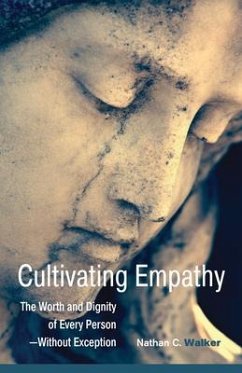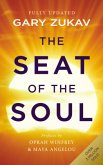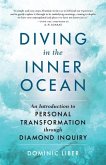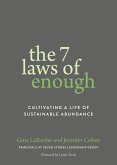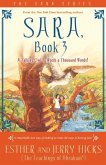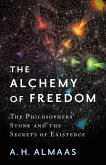In this personal and emotionally honest exploration of conflict, the Reverend Nathan C. Walker introduces a creative and compassionate way to develop empathetic responses. He introduces the concept of the moral imagination--a vital character trait used by those who have the courage to project themselves into a conflict and understand all the perspectives, aware that understanding need not imply agreement. Cultivating Empathy presents a collection of essays about the author's wrestlings with personal and cultural conflicts and his commitment to stop "otherizing"--which occurs when we either demonize people or romanticize them. Walker's remedy for these kinds of projections is to employ the moral imagination as an everyday spiritual practice. He shows that through this approach, we can save ourselves from irresponsibly using our imaginations by cultivating genuine empathy for those we previously held in contempt. We can visualize ourselves playing various characters within a conflict and choose not to play a lead role in the drama. Throughout the book he endeavors to find connection with skinheads, murderers, homophobic preachers, privileged 1 percenters, and Monsanto executives.
Hinweis: Dieser Artikel kann nur an eine deutsche Lieferadresse ausgeliefert werden.
Hinweis: Dieser Artikel kann nur an eine deutsche Lieferadresse ausgeliefert werden.

